Helping Children Learn the Alphabet Through Play
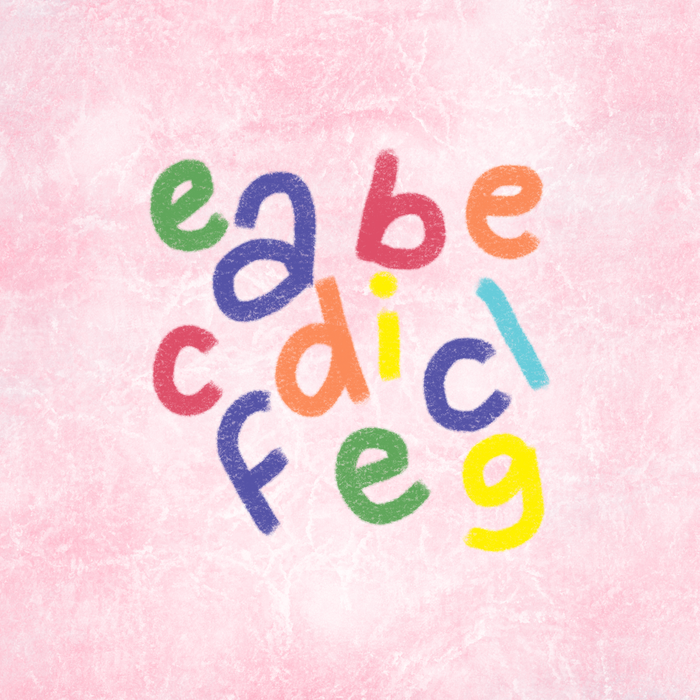
Message from the writer: "Sometimes learning can feel like hard work, especially when it’s taught the same way every time. In this blog, I’ll share simple ways to weave the alphabet into daily life, using play and curiosity to make learning exciting for children."
Why Early Literacy Begins with Curiosity
Early literacy is more than learning letters; it is about discovering sound, rhythm, and expression. Children begin absorbing language long before they hold a book, and the way letters are introduced during these years shapes how they approach reading for life.
Many parents notice that their child’s first learning moments happen naturally, such as singing a nursery rhyme, pointing to letters on a cereal box, or tracing shapes with their fingers. These early interactions matter. They strengthen memory, build focus, and make learning feel joyful instead of forced.
When children associate learning with play, they develop confidence in their own ability to understand. The Prophet Muhammad ﷺ said, “The best of you are those who learn and teach.” (Bukhari) Encouraging learning in the early years nurtures both skill and gratitude; two values that stay with a child long after the letters are learned.

Turning Letters Into Sounds That Children Remember
Learning Through Repetition and Sound
Children naturally imitate what they hear. When a letter is introduced with its correct sound, that association strengthens over time. Repetition helps them move from recognition to fluency. From simply identifying “B” to understanding that “B” makes the sound buh.
Interactive and auditory experiences make this process easier. Pressing a key, hearing a letter, and repeating it aloud engages multiple senses at once. This form of learning feels more like play than study, keeping attention focused and interest alive.
Encouraging Independent Exploration
Children learn best when discovery is their own. Allowing them to explore freely, press buttons, and test sounds helps them retain information naturally. The sense of control encourages consistency and builds confidence in their learning journey.
Supporting Phonics Through Interactive Play
Interactive learning tools such as the My ABC Piano support this developmental stage. Each key plays the letter’s sound, name, or a simple word, turning phonics into music and movement. The process is tactile and screen-free, ideal for helping children associate letters with meaning through touch and sound.
The push-back design of each key encourages repetition, helping children remember more effectively. Every interaction feels like a small achievement, reinforcing progress without pressure.
Building Daily Learning Routines at Home
Keep Sessions Short and Positive
Children benefit most from consistent, focused play rather than long lessons. Five to ten minutes a day is enough to reinforce memory and confidence. Ending on a positive note keeps curiosity alive for the next session.
Connect Learning to Daily Life
Once a letter is learned, link it to familiar surroundings. For example, when a child learns the sound of “S,” point out a “shoes” or “socks” when they are dressing up. These real-life examples make abstract learning feel relevant and memorable.
Encourage Praise and Patience
Acknowledging effort is key. Words of encouragement such as “That’s a great sound” or “You remembered that letter” help children feel capable. Confidence builds faster when learning is celebrated, not corrected too quickly.

A Joyful Start to Language Learning
The foundation of reading begins long before school. Interactive tools such as the My ABC Piano create a bridge between sound, recognition, and understanding, helping children explore letters in a way that feels playful and rewarding.
Each press of a key becomes a step toward communication, self-expression, and confidence. With a little consistency and encouragement, the process of learning the alphabet can become one of the most joyful parts of childhood — a time when education feels as natural as play.
FAQs
1. What age is best to start introducing letters to children?
Most children begin recognising letters between the ages of two and four. At this stage, learning should focus on sound, play, and repetition rather than memorisation. When the process is fun and pressure-free, children naturally build interest and confidence in early literacy.
2. How can parents make phonics lessons more engaging at home?
Phonics becomes more enjoyable when it feels like exploration. Short, playful activities such as identifying letters in books or using sound-based toys can make learning exciting. Keeping sessions brief and consistent helps children stay motivated.
3. How does the My ABC Piano help with early literacy?
The My ABC Piano introduces children to letters through sound, touch, and repetition. Each key plays the name, sound, or word associated with a letter, encouraging natural phonetic learning. Its interactive, screen-free design supports independent discovery and memory building.
4. Can the My ABC Piano be used for children who are already in school?
Yes. The piano can support children who are learning to read or strengthen their phonics foundation. It reinforces classroom lessons in a playful, stress-free way, helping learners recall letter sounds through daily repetition.
5. How long should children use the My ABC Piano each day?
A few minutes of consistent play is more effective than long sessions. Five to ten minutes daily is ideal for focus and retention. Over time, this regular engagement helps children recognise letters, improve pronunciation, and enjoy the learning process.
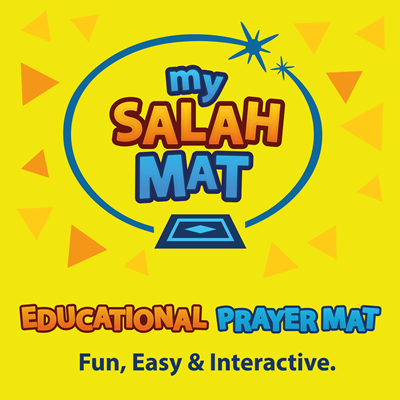


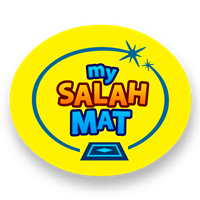



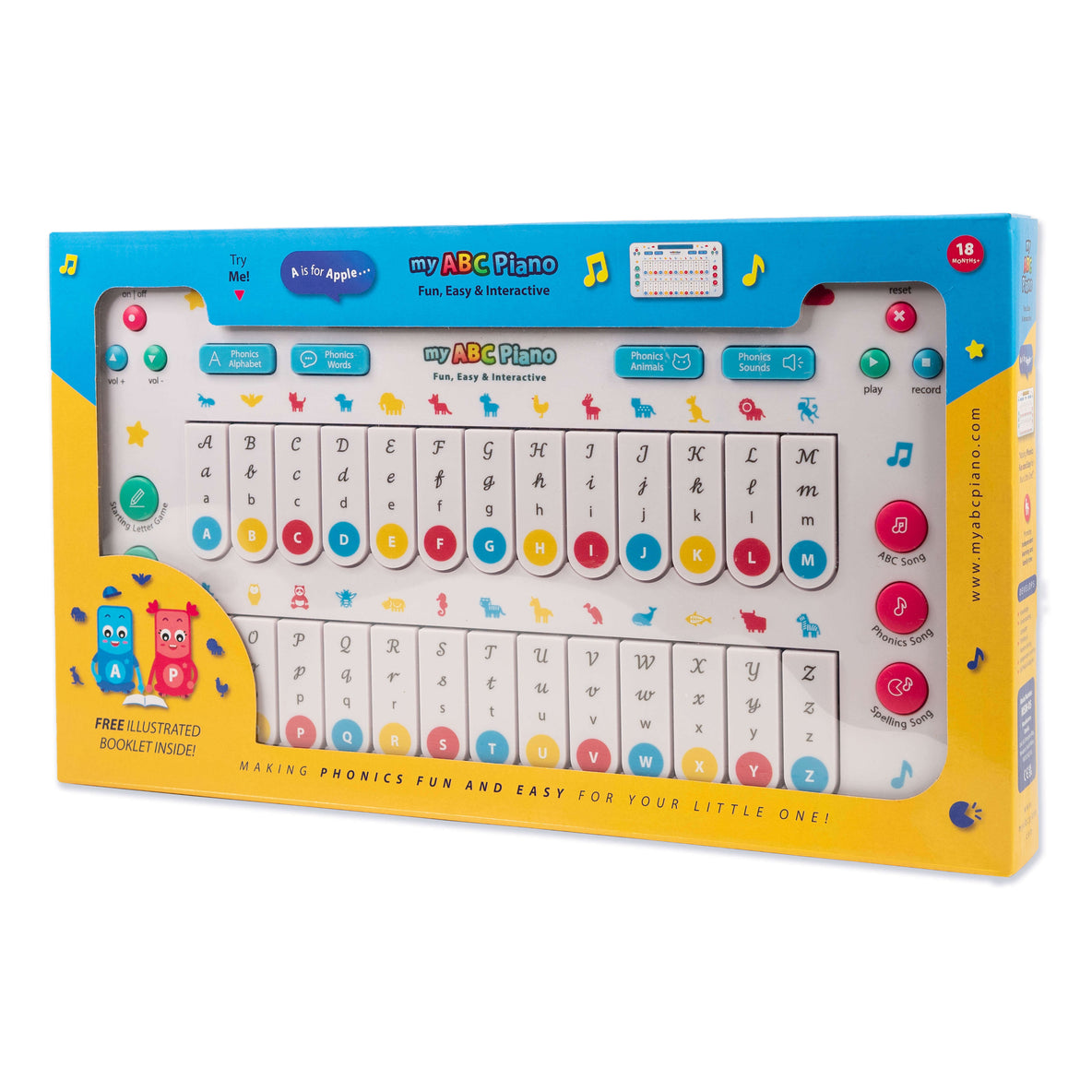








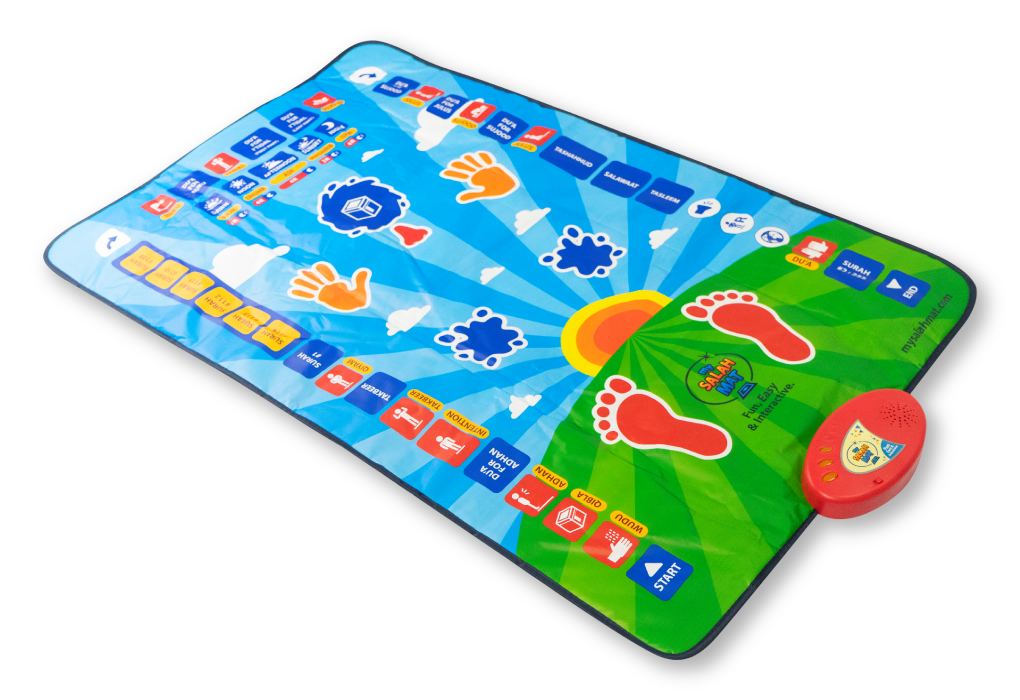 Liquid error (snippets/@AlternatingContentX line 127): Could not find asset snippets/CustomTexts-.liquid
Liquid error (snippets/@AlternatingContentX line 127): Could not find asset snippets/CustomTexts-.liquid